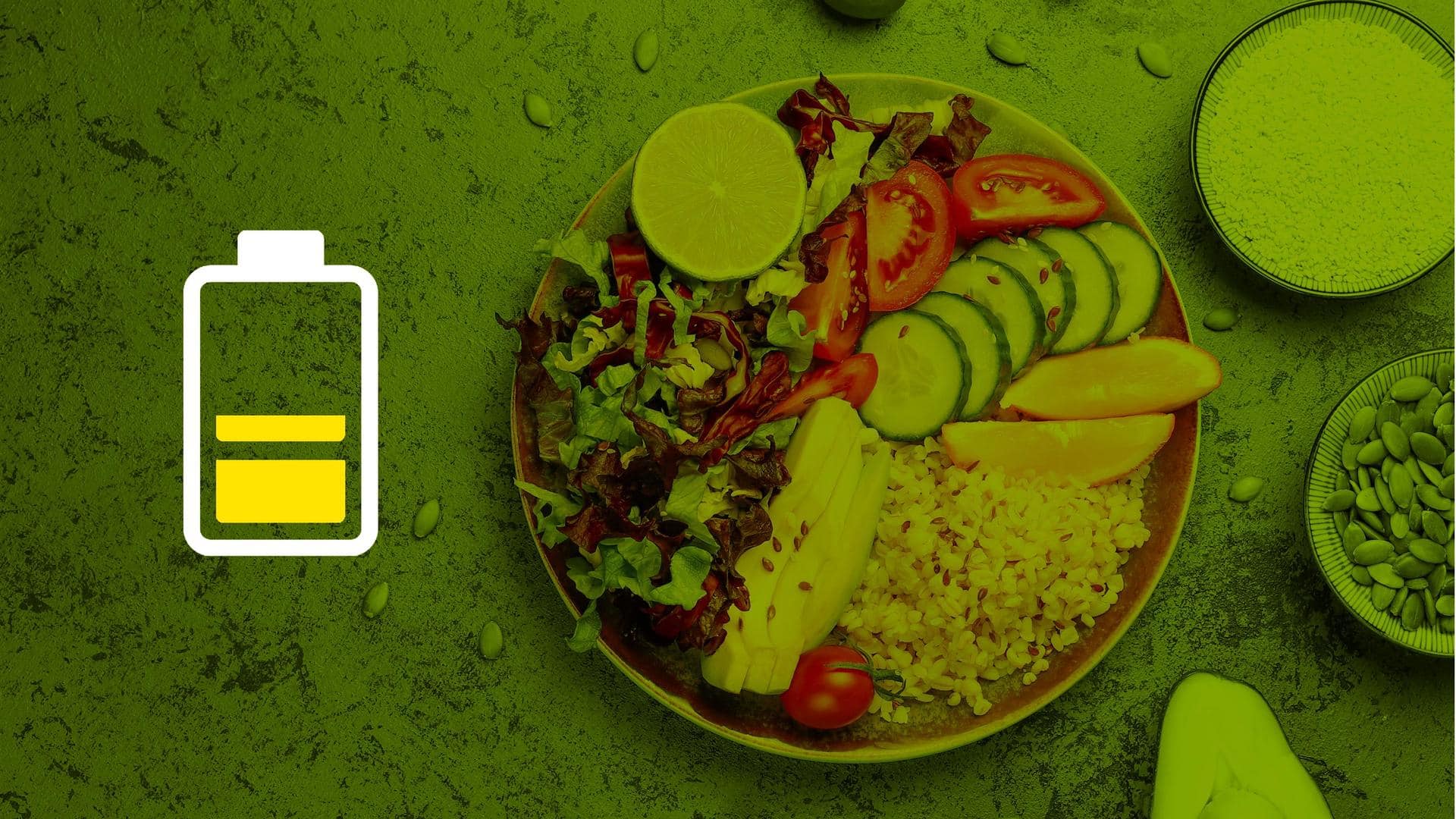
On a low-carb diet? Be mindful of these side effects
What's the story
Low-carb diets are often effective for weight loss because they can help reduce overall calorie intake and increase satiety. By reducing carbohydrates, the body is forced to burn fat for energy, which can lead to weight loss. However, they can also have some side effects, especially in the short term. Here are some common side effects that you need to stay mindful of.
Low blood sugar
Headaches
When you start a low-carb diet, your body may experience a drop in blood sugar levels, which can cause headaches. Some people may experience headaches as a result of dehydration, which can occur when they are not consuming enough fluids or electrolytes. It happens often in the first few days of starting the diet. By increasing your water intake you can alleviate the symptoms.
Glycogen deficiency
Muscle cramps
Muscle cramps are a common side effect of low-carb diets. The reason for this is that when you reduce your carbohydrate intake, your body produces less insulin, which can lead to a decrease in glycogen stores in your muscles. Glycogen is used as a source of energy during exercise. When glycogen stores are depleted, it can lead to muscle cramps and fatigue.
Ketosis
Bad breath
Bad breath is another common side effect of low-carb diets. When you reduce your carbohydrate intake, your body may enter a state of ketosis, where it uses stored fat as fuel instead of glucose. During this process, your body produces ketones, which can be excreted through your breath, urine, and sweat. This can cause a distinct, fruity odor on your breath.
Low fiber intake
Constipation
When you reduce your carbohydrate intake, you may also be reducing your intake of fiber, which is important for digestive health. Additionally, low-carb diets may cause a decrease in bowel movements due to a decrease in food volume and changes in gut bacteria. Drink plenty of water throughout the day to keep your stools soft and make them easy to pass.
Fatigue
Reduced athletic performance
Carbohydrates are the primary source of fuel for high-intensity exercises, such as weightlifting or sprinting. When you reduce your carbohydrate intake, your body may not have enough glycogen stores to provide energy for these types of exercises. Consuming a small portion of carbohydrates before exercise can help provide quick energy for high-intensity exercises. You may want to read why are carbs important for you.